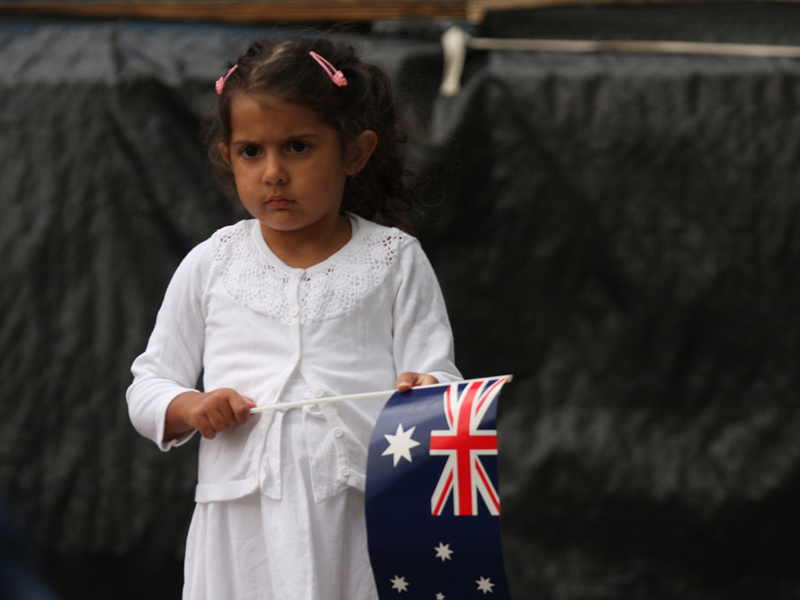The under-immunisation of migrants and refugees is exposing the community to disease outbreaks
The under-immunisation of migrants and refugees is exposing the community to disease outbreaks and undermining the success of Australia’s laudable immunisation program, experts say.
Health groups are calling on the government to develop and fund a national catch-up program to help GPs and specialists improve coverage in these vulnerable groups.
Following Australia’s first ever stakeholder workshop on the immunisation gap, Professor Raina MacIntyre, head of the School of Public Health and Community Medicine at UNSW, also urged clinicians to make use of opportunistic encounters to administer catch-up immunisations.
Writing in the ANZ Journal of Public Health, Professor MacIntyre and colleagues said the largest measles epidemic in the last two decades occurred in Sydney in 2012 and 2013, largely driven by under-vaccinated migrant communities.
“I think it’s a great step forward that we have a whole-of-life register in Australia and that will make a big difference,” said Professor MacIntyre, who is also Professor of Infectious Disease Epidemiology.
“But it’s really critical that that register captures not just country of birth and migrant status, but also refugee status, because that’s a flag that doctors can use to help remind them that this person might be under-vaccinated.
“Because there are no universal refugee health services that all refugees access in a systematic and uniform way in the country, they just get absorbed into the general health system and can fall between the cracks really easily,” she said.
Asking patients how they arrived in Australia, where they came from, and if they had ever spent time in detention would give clues as to whether the vaccination status was up to date, said Dr Gillian Singleton, a member of the RACGP Refugee Health Network.
“A lot of refugee and asylum seekers have very complex histories, and they often have other priorities to getting vaccinations, like actually settling into a new country,” Dr Singleton said.
“Health literacy is often a problem. People are often presenting with lots of different issues, and vaccination is often something that happens once all the acute things are dealt with,” she said. “Many people need interpreters, which lengthens the consultation.”
At the moment the use of interpreters was much lower than ideal, which was a big problem, Dr Singleton said.
“Lots of refugees and asylum seekers have some English and they may present as actually having good skills, but obviously when you are talking about health it’s quite complex, and we always recommend asking.”
The WHO had vaccination schedules for each country, and the Australasian Society for Infectious Diseases had also released helpful guidelines for refugee health issues, Dr Singleton said.
“The key thing is, if people don’t have written documentation of previous vaccinations you just have to start catch up as a priority,” Dr Singleton said.
Ultimately, there were only 14,000 refugees entering Australia every year. Conscientious objectors, which account for 1.34% of the child population, outweighed that number significantly, Dr Singleton said.
Aust NZ J Public Health; online 20 November


